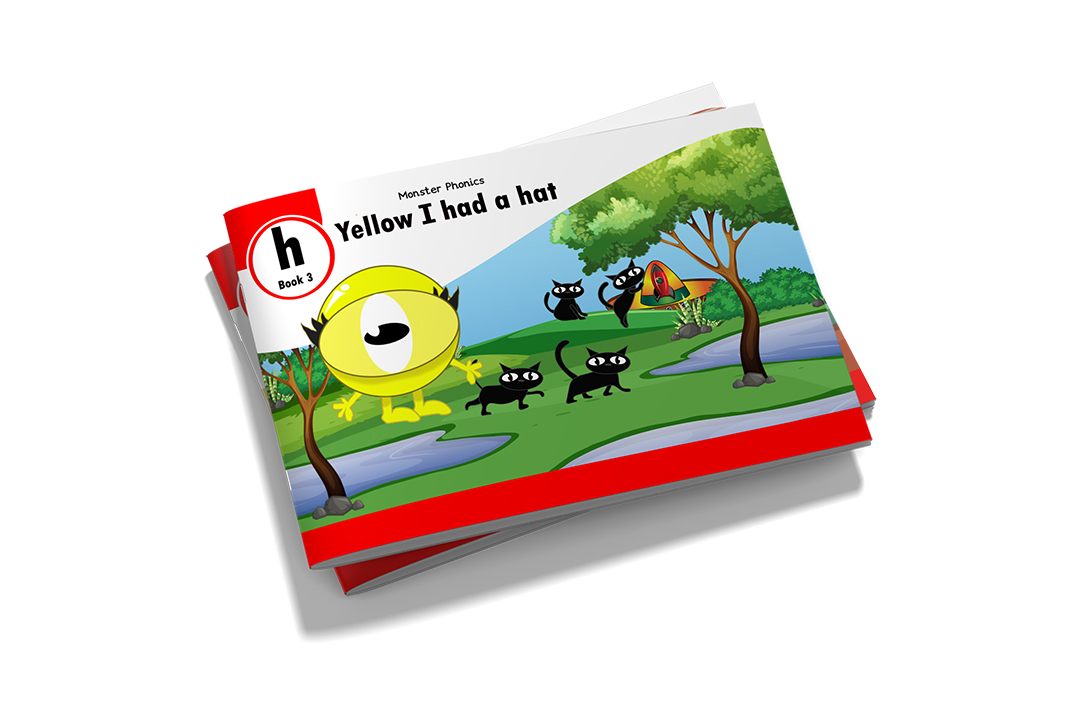Why teach the Common Exception Words?
Common exception words can be easily taught using Monster Phonics. Colour-coding draws pupils’ attention to the grapheme-phoneme correspondence. This highlights the phonetic elements of each word as well as the sections that do not have grapheme-phoneme correspondence, as recommended in the English Programme of Study.
Our Year 2 Common Exception Words Flashcards and PowerPoints are free to download. Monster Phonics is closely aligned with the Spelling Curriculum. Our phonics and common exception word assessments also support the Year 2 phonics screening test and the year 2 Interim Teacher Assessment Frameworks.
Monster Phonics is proven to accelerate progress. Lessons are multisensory and fun. Teachers notice how all children are more engaged with Monster Phonics. Start a Free Trial to sample our phonics lessons today.
Many of the most common words in our language are not phonetic. The more a word is used in our language, the more its sounds become clipped, relaxed, changed so that it is suitable for speech, while its print representation remains fairly constant. This is especially the case with function words that do not hold meaning in themselves but are used to build sentences. for example they, you, other, who, could.
Take a free 7 day trial
Child-Centred and Delivers Results
The most top 300 high-frequency words make up 65% of all printed words. Almost half of these are not decodable using phonics. The result is that around a quarter of the words that children are asked to learn to read and spell cannot be done so phonetically. It is therefore vital to explicitly teach the common exception words.
Although the common exception words do not follow phonetic rules but can be easily taught using Monster Phonics. Colour-coding draws pupils’ attention to the grapheme-phoneme correspondence. This highlights the phonetic elements of each word as well as the sections that do not have grapheme-phoneme correspondence, as recommended in the English Programme of Study.
The statutory requirements of the Year 2 Spelling Curriculum include the common exception words: door, floor, poor, because, find, kind, mind, behind, child, children*, wild, climb, most, only, both, old, cold, gold, hold, told, every, everybody, even, great, break, steak, pretty, beautiful, after, fast, last, past, father, class, grass, pass, plant, path, bath, hour, move, prove, improve, sure, sugar, eye, could, should, would, who, whole, any, many, clothes, busy, people, water, again, half, money, Mr, Mrs, parents and Christmas. * ‘children’ is not an exception to what has been taught so far but is included because of its relationship with ‘child’.
Next steps



